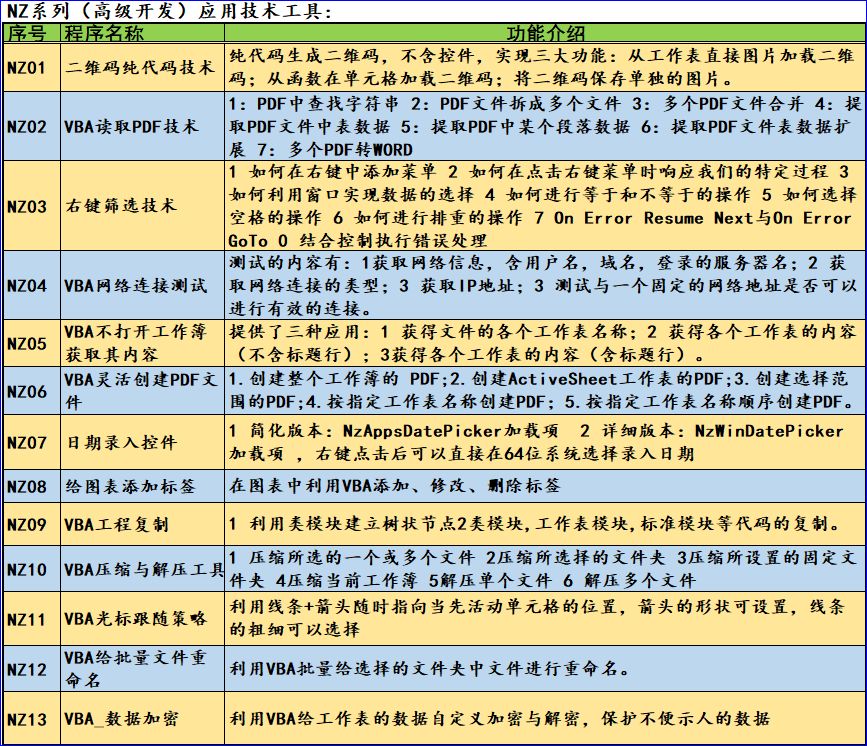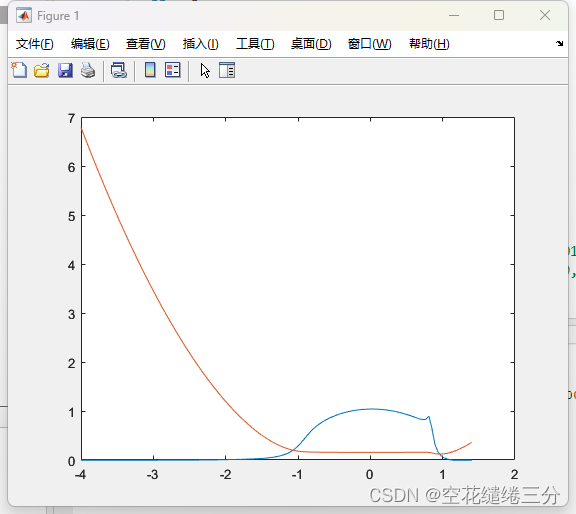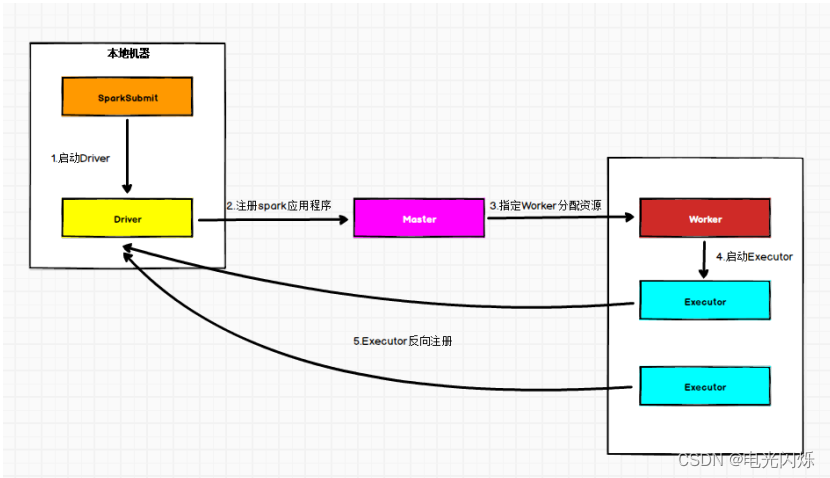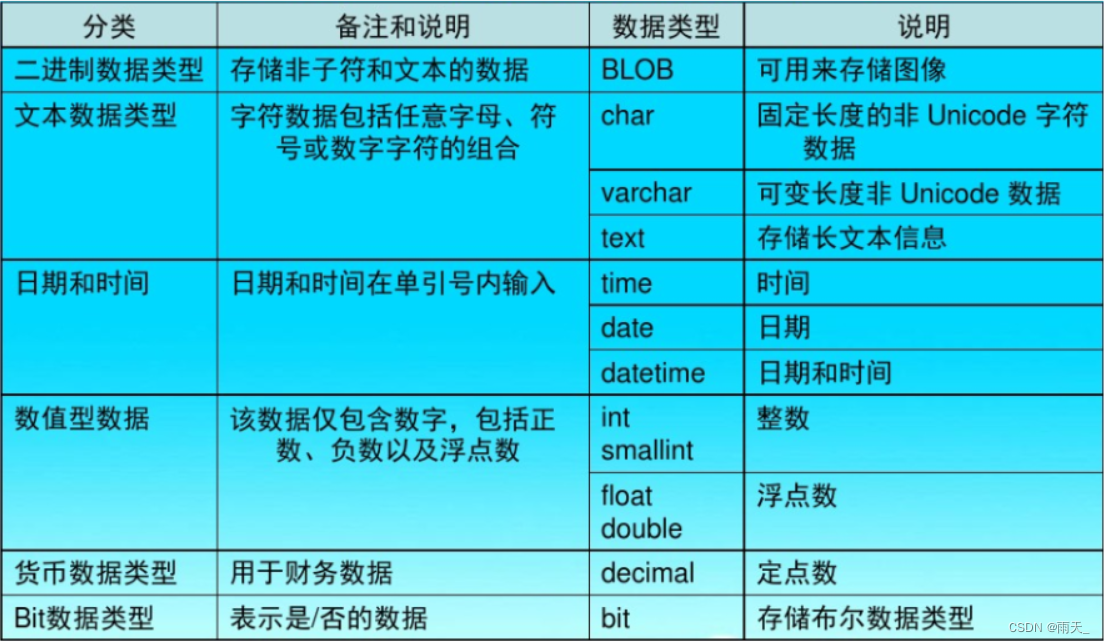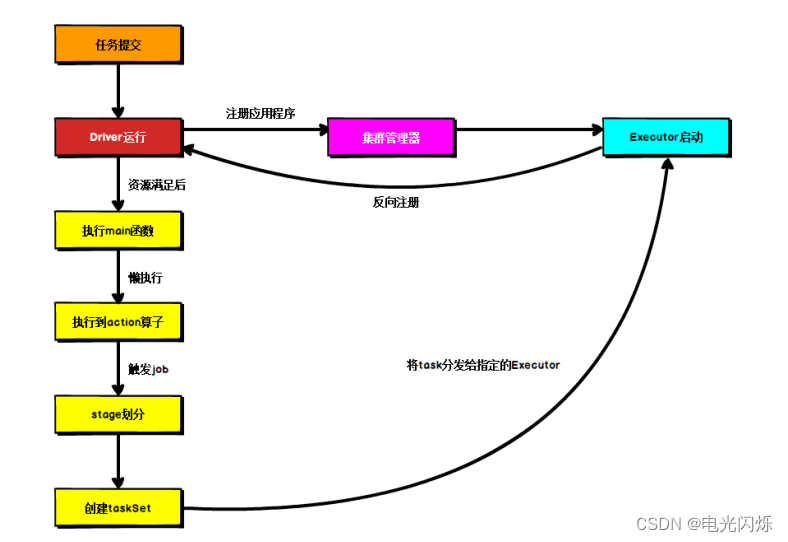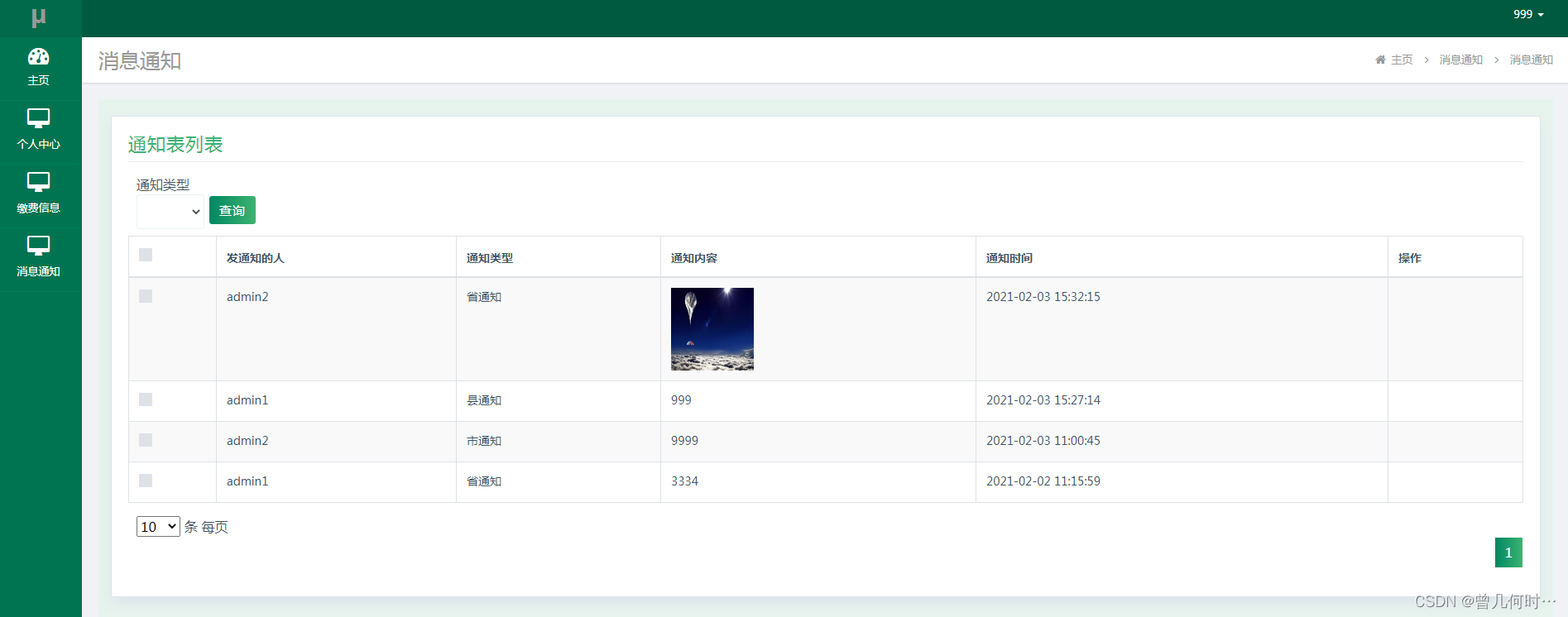定义于头文件 <istream>
| template< class CharT, |
类模板 basic_istream 提供字符流上的高层输入支持。受支持操作包含带格式的输入(例如整数值或空白符分隔的字符与字符串)和无格式输入(例如未处理字符和字符数组)。此功能以通过 basic_ios 基类访问的底层 basic_streambuf 类所提供的接口实现。大多数库实现中, basic_istream 有一个非继承数据成员:用于存储 basic_istream::gcount() 所返回的值。
无格式输入
读并取走一块字符
std::basic_istream<CharT,Traits>::read| basic_istream& read( char_type* s, std::streamsize count ); |
从流释出字符。
表现为无格式输入函数 (UnformattedInputFunction) 。构造并检查 sentry 对象后,释出字符并存储它们到首元素为 s 所指向的字符数组的相继位置。释出并存储字符,直至出现任何下列条件:
- 释出并存储了
count个字符
- 输入序列上的文件尾条件(该情况下调用 setstate(failbit|eofbit) )。成功释出的字符数能用 gcount() 查询。
参数
| s | - | 指向要存储字符到的字符数组的指针 |
| count | - | 要读取的字符数 |
返回值
*this
异常
若出现错误(错误状态标志不是 goodbit )并且设置了 exceptions() 为对该状态抛出则为 failure 。
若内部操作抛出异常,则捕获它并设置 badbit 。若对 badbit 设置了 exceptions() ,则重抛该异常。
注意
使用非转换的本地环境时(默认本地环境为非转换),此函数在 std::basic_ifstream 中的覆写者可以为零复制的大块 I/O 优化(通过覆写 std::streambuf::xsgetn )。
调用示例
#include <iostream>
#include <fstream>
#include <sstream>
#include <string>
#include <cstdint>
int main()
{
// read() 常用于二进制 I/O
std::string bin = {'\x12', '\x12', '\x12', '\x12'};
std::istringstream raw(bin);
std::uint32_t n;
if (raw.read(reinterpret_cast<char*>(&n), sizeof n))
{
std::cout << std::hex << std::showbase << n << '\n';
}
// 为下个片段准备文件
std::ofstream("test.txt", std::ios::binary) << "abcd1\nabcd2\nabcd3";
// 读取整个文件到 string
if (std::ifstream is{"test.txt", std::ios::binary | std::ios::ate})
{
auto size = is.tellg();
std::string str(size, '\0'); // 构造 string 为流大小
is.seekg(0);
if (is.read(&str[0], size))
{
std::cout << str << '\n';
}
}
}输出

读并取走已经可用的字符块
std::basic_istream<CharT,Traits>::readsome| std::streamsize readsome( char_type* s, std::streamsize count ); |
从输入流释出至多 count 个立即可用的字符。存储释出的字符于 s 所指向的字符数组。
表现为无格式输入函数 (UnformattedInputFunction) 。构造并检查 sentry 对象后,
- 若 rdbuf()->in_avail() == -1 ,则调用 setstate(eofbit) 而不释出字符。
- 若 rdbuf()->in_avail() == 0 ,则不释出字符。
- 若 rdbuf()->in_avail() > 0 ,则释出 std::min(rdbuf()->in_avail(), count) 个字符,并存储它们到首元素为
s所指向的字符数组的相继位置。
参数
| s | - | 指向要存储字符到的字符数组的指针 |
| count | - | 要读取的最大字符数 |
返回值
实际释出的字符数。
异常
若出现错误(错误状态标志不是 goodbit )并且设置了 exceptions() 为对该状态抛出则为 failure 。
若内部操作抛出异常,则捕获它并设置 badbit 。若对 badbit 设置了 exceptions() ,则重抛该异常。
注意
此函数的行为是高度实现限定的。例如,以 std::ifstream 使用时,某些库实现在文件打开时立即以数据填充底层 filebuf (而这种实现上 readsome() 读取的数据潜在地,但不必为整个文件),而其他实现仅在请求实际输入操作时从文件读取(而文件打开后立即作出的 readsome() 决不释出任何字符)。类似地,调用 std::cin.readsome() 可能返回所有悬置的未处理控制台输入,或可能始终返回零并且不释出字符。
调用示例
#include <iostream>
#include <sstream>
int main()
{
char c[10] = {};
std::istringstream input("This is sample text.");
// std::stringbuf 令个缓冲可用于无阻塞读取
input.readsome(c, 5); // 读取 'This ' 并存储于 c[0] .. c[4]
input.readsome(c, 9); // 读取 'is sample' 并存储于 c[0] .. c[8]
std::cout << c;
}
输出

返回上次无格式输出操作所取走的字符数量
std::basic_istream<CharT,Traits>::gcount| std::streamsize gcount() const; |
返回最近的无格式输入操作所释出的字符数。
basic_istream 的下列成员函数更改后继的 gcount() 调用的值:
- 移动构造函数
- swap()
- get()
- getline()
- ignore()
- read()
- readsome()
- operator>>(basic_streambuf*)
下列函数设置 gcount() 为零:
- 构造函数
- putback()
- unget()
- peek()
参数
(无)
返回值
最近的无格式输入操作所释出的字符数。
调用示例
#include <iostream>
#include <sstream>
int main()
{
char x[20];
std::istringstream stream("Hello World");
stream.read(x, sizeof x);
std::cout << "Characters extracted: " << stream.gcount();
}输出

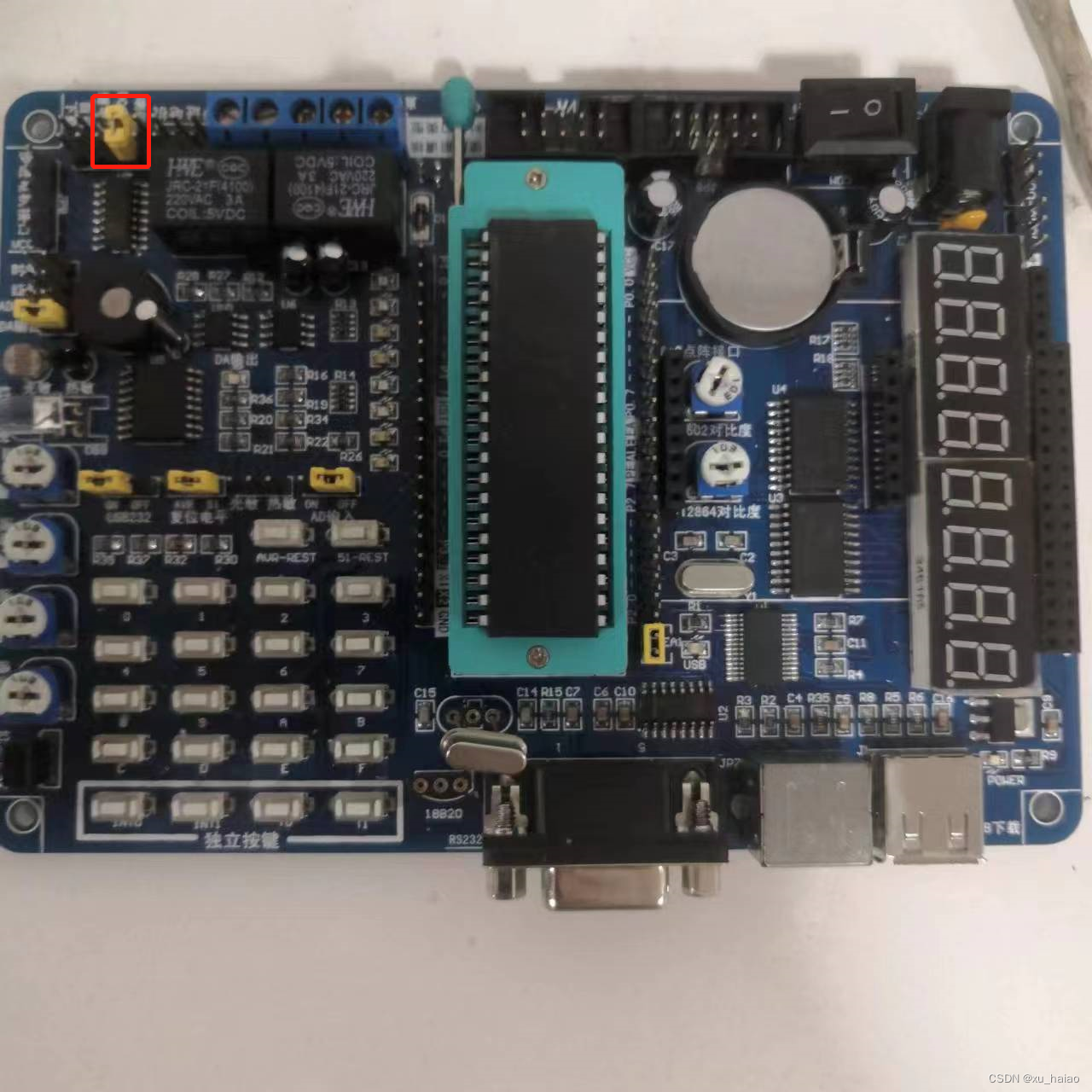
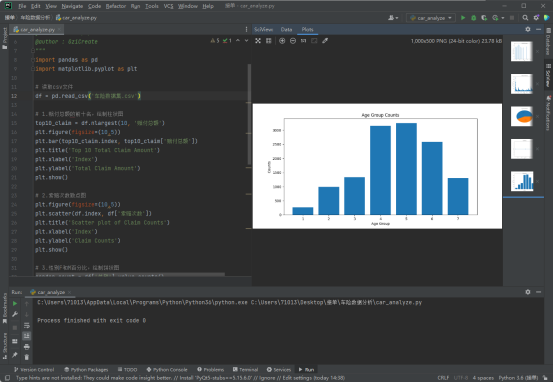
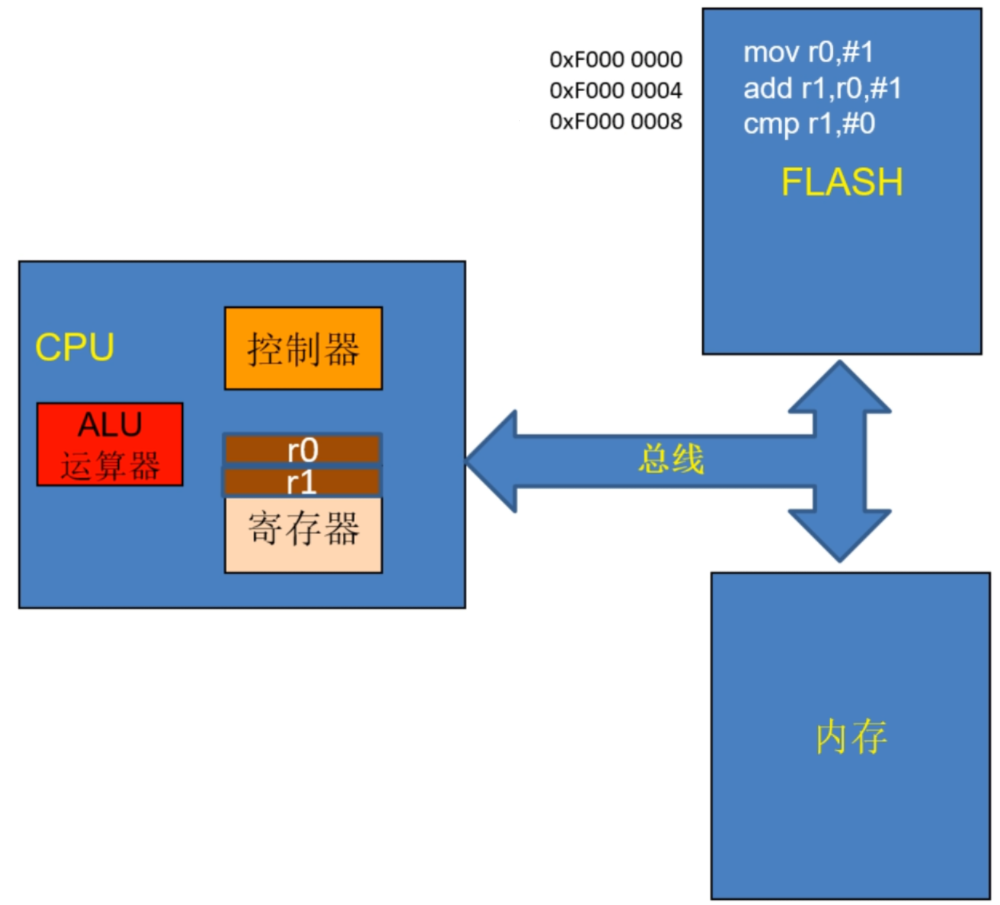


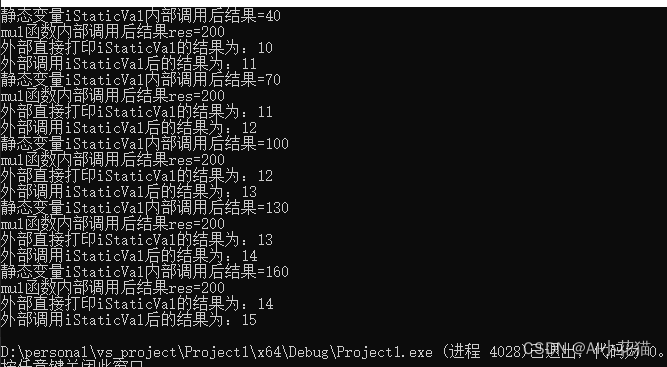
![[QT编程系列-13]:QT快速学习 - 1- 初识](https://img-blog.csdnimg.cn/42003ebf3ca64f3285f7441d082624d2.png)




